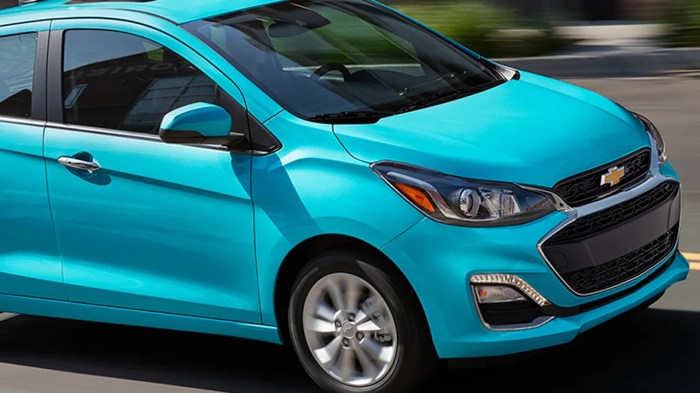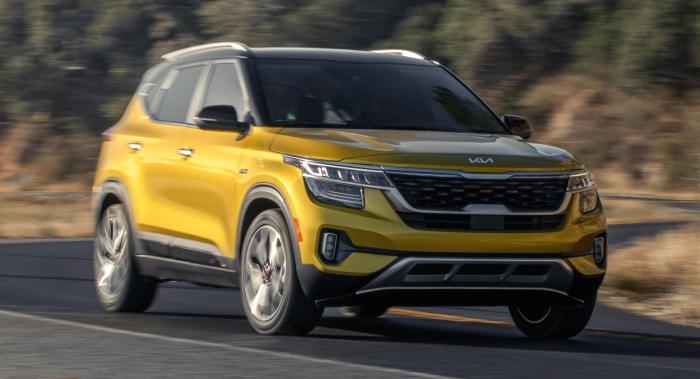Lowest Price New Car To Buy A Comprehensive Guide
Finding the Lowest Price New Car: Lowest Price New Car To Buy
Lowest price new car to buy – Purchasing a new car is a significant financial commitment. Finding the “lowest price” involves more than just comparing sticker prices; it requires a comprehensive understanding of various factors influencing the final cost. This article will guide you through the process of identifying affordable new car models, negotiating the best price, understanding financing options, and navigating hidden costs to achieve your goal of securing the most economical vehicle.
Defining “Lowest Price”
The “lowest price” for a new car extends beyond the manufacturer’s suggested retail price (MSRP). Several crucial factors influence the final cost, including taxes, government fees, dealer fees, and financing options. Different manufacturers and dealerships employ varying pricing strategies, such as invoice pricing, MSRP pricing, and dealer holdback, all impacting the final price. Rebates, incentives, and seasonal sales also play a significant role in determining the final price a buyer pays.
To fully understand the “lowest price,” we must consider the Total Cost of Ownership (TCO).
| Make | Model | MSRP | Estimated TCO (5 years) |
|---|---|---|---|
| Toyota | Corolla | $20,000 | $28,000 |
| Honda | Civic | $22,000 | $30,000 |
| Kia | Rio | $16,000 | $24,000 |
| Hyundai | Accent | $17,000 | $25,000 |
Note: TCO estimates are approximate and vary based on factors like mileage, insurance, maintenance, and fuel prices.
Identifying Affordable New Car Models
Several new car models are generally considered budget-friendly. These vehicles offer a balance of affordability, functionality, and standard features. Fuel efficiency is also a crucial factor in long-term cost savings.
- Sedans: Honda Civic, Toyota Corolla, Hyundai Elantra, Kia Forte. These models typically offer good fuel economy and reliable performance with standard features like air conditioning, power windows, and basic safety systems.
- Hatchbacks: Kia Rio, Hyundai Accent, Mazda3 Hatchback. Hatchbacks often provide more cargo space than sedans while maintaining similar fuel efficiency.
- SUVs: Kia Seltos, Hyundai Kona, Subaru Crosstrek. These smaller SUVs offer slightly higher ground clearance and more space than sedans or hatchbacks, but fuel economy may be slightly lower.
Fuel efficiency varies among models and engine options. Generally, smaller engines and more fuel-efficient technologies result in better gas mileage.
Negotiating the Best Price
Effective negotiation involves thorough research and a strategic approach. Knowing the market value of the vehicle before entering negotiations is crucial. This involves checking online resources, such as Kelley Blue Book or Edmunds, to determine a fair price.
- Research the market value of the vehicle.
- Shop around at multiple dealerships.
- Clearly state your budget and desired price.
- Be prepared to walk away if the deal isn’t favorable.
- Don’t be pressured into making quick decisions.
Using a third-party negotiator can be beneficial for some buyers, providing expertise and potentially securing a better price. However, this comes with an additional cost.
Financing Options and Their Impact, Lowest price new car to buy

Source: foxnews.com
Financing a new car involves choosing between loans and leasing. Loans require monthly payments until the vehicle is fully paid off, while leasing involves making payments for a set period, after which the vehicle is returned. Both options have significant long-term financial implications.
| Loan Term (Years) | Interest Rate (%) | Monthly Payment (Example: $20,000 loan) | Total Interest Paid |
|---|---|---|---|
| 3 | 5 | $591 | $1,270 |
| 5 | 6 | $378 | $2,280 |
| 7 | 7 | $305 | $3,570 |
Note: These are example calculations. Actual payments and interest will vary based on the loan amount, interest rate, and loan term.
Hidden Costs and Fees
Beyond the sticker price, several hidden costs can significantly increase the final price. Being aware of these fees allows for better budget planning and negotiation.
- Destination charges: Fees for transporting the vehicle from the factory to the dealership (typically $1,000-$1,500).
- Dealer fees: Administrative or processing fees charged by the dealership (can vary widely).
- Government fees: Taxes, registration fees, and other government-mandated charges.
- Extended warranties: Optional but often costly add-ons.
Factors Affecting Vehicle Value

Source: carscoops.com
Several factors influence a vehicle’s initial and long-term value. Features such as safety technology and advanced driver-assistance systems can increase the initial price but also contribute to higher resale value. Brand reputation and vehicle reliability play a crucial role in depreciation rates. Generally, vehicles with higher reliability ratings tend to depreciate less over time.
A typical depreciation curve shows a steeper decline in value during the first few years, followed by a more gradual decrease. Luxury vehicles often depreciate faster than more mainstream models. The depreciation curve for SUVs might be different from that of sedans due to varying market demand and trends.
FAQ Overview
What is the best time of year to buy a new car?
Generally, the end of the month and the end of the quarter (March, June, September, December) offer the best deals as dealerships strive to meet sales quotas.
How can I improve my credit score before buying a car?
Pay bills on time, keep credit utilization low, and avoid applying for multiple loans simultaneously. Checking your credit report for errors is also crucial.
What are dealer add-ons, and should I avoid them?
Finding the lowest price new car to buy requires diligent research. A helpful resource in this process is checking the Kelley Blue Book (KBB) value; you can find current pricing information by visiting the kbb price new car website. Using this data alongside dealer pricing, you can effectively compare and negotiate to secure the best possible deal on your new vehicle.
Dealer add-ons are extra products or services (e.g., extended warranties, paint protection) often sold at inflated prices. Carefully consider their value and negotiate aggressively or decline them entirely.
Is leasing a car always cheaper than buying?
Leasing can offer lower monthly payments, but you don’t own the car at the end of the lease term. Buying allows for greater long-term equity but typically requires a larger upfront investment.





















